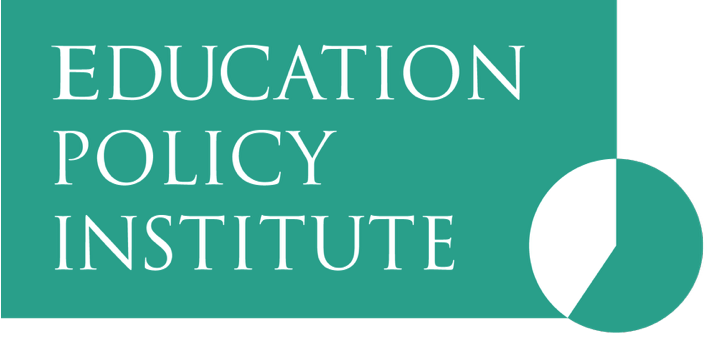The Education Policy Institute (EPI) and UCL Institute of Education ( UCL IOE) have published a new report on “‘Stuck’ schools”, funded by the Nuffield Foundation. It reveals schools that have received a series of below good Ofsted grades often end up in a cycle of challenging circumstances and limited improvement.
The study explored the underperformance of 580 schools in England that consistently received less than good Ofsted inspection grades between 2005 to 2018. The report finds that ‘stuck schools’ often face more challenging circumstances including higher teacher turnover, higher levels of disadvantaged pupils and pupils with special educational needs. However, ‘stuck schools’ are not unique. Many other schools share most of these challenges but have managed to avoid a continuous cycle of less than good inspection judgements.
After the initial negative Ofsted grade, the study found that the intake of a school tends to become more disadvantaged and teacher turnover increases, both of which contribute to the difficulty in reversing the negative Ofsted judgement. The longer the school continues to have the less than good rating, the harder the process of school improvement becomes.
However, the research also finds that a poor inspection judgement is only a modest contributing factor of ‘stuck’ schools’ lack of improvement or decline over time.

